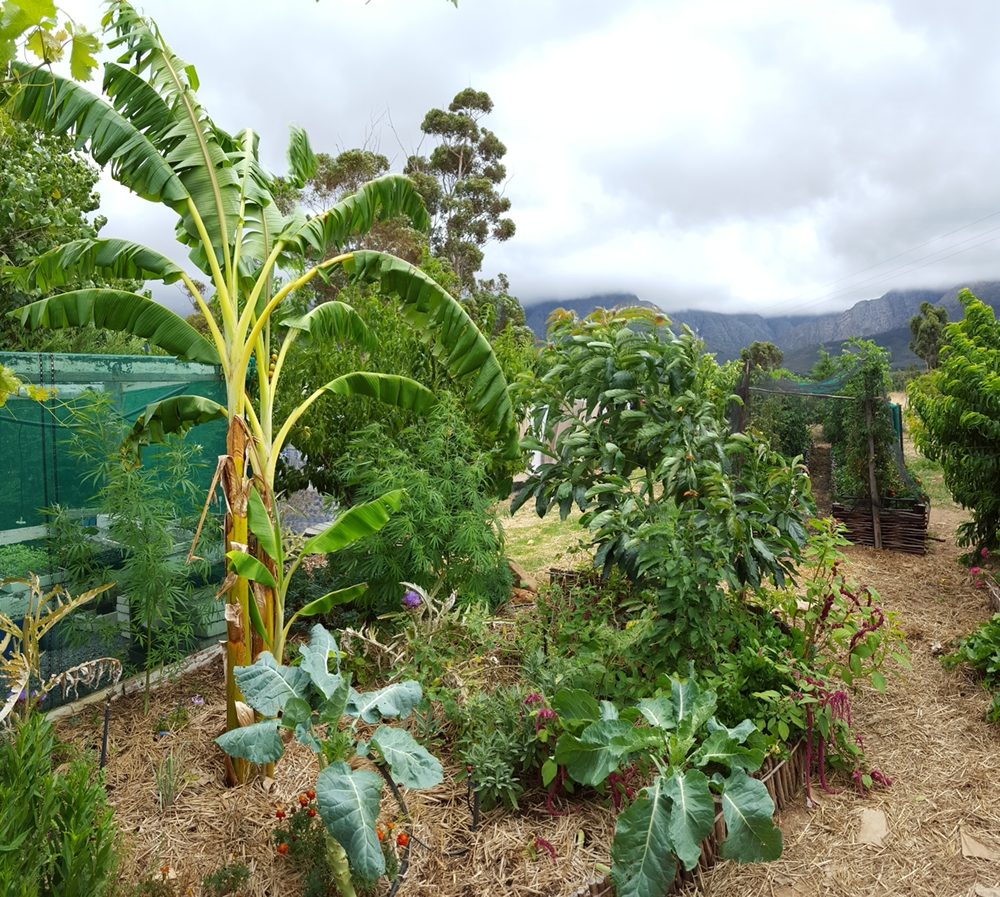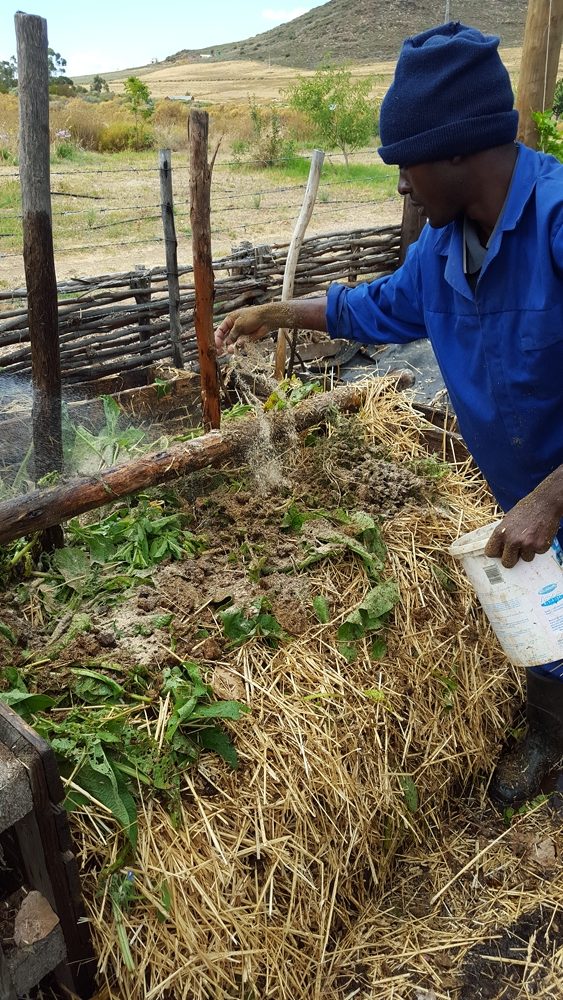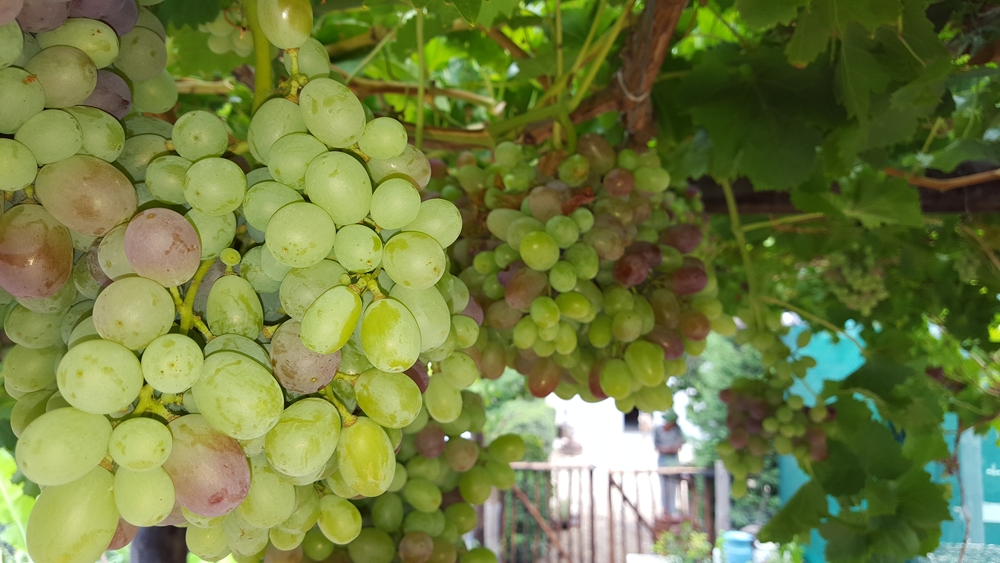


What is Permaculture
Permaculture encompasses so many aspects that it’s not easy to define in one simple phrase. There are several official definitions, but they might still leave you confused. At the core of permaculture as a philosophy is the art of respecting nature and working with it, rather than against it.
Permaculture as we practice it is about designing, implementing and maintaining permanent natural systems to cultivate land, plants, animals and people and to foster mutually beneficial and thus sustainable relationships between them.
Permaculture is not organic gardening, and permaculturists are not gardeners. As permaculture practitioners, we use organic gardening among many other tools to create productive natural systems, for example food gardens and food forests.
“Permaculture is revolution disguised as organic gardening.”
Graham Bell, from Permaculture – A Beginner’s Guide
Origin and Definitions
The term “permanent agriculture” was first used in 1911 by the American agronomist Franklin H. King who studied traditional farming practices in China, Japan and Korea.
Bill Mollison, who developed permaculture as a systematic method in the 1970s, also coined the term “permaculture”. It originally referred to “permanent agriculture” but he expanded it to also stand for “permanent culture”:
Permanent: From the Latin permanens: to remain to the end, to persist throughout (per: through, manere: to continue)
Culture: From the Latin cultura: cultivation of land, or the intellect – now generalized to mean all those habits, beliefs, or activities than sustain human societies.
Thus, permaculture is the study of the design of those sustainable or enduring systems that support human society, both agricultural and intellectual, traditional and scientific, architectural, financial and legal. It is the study of integrated systems, for the purpose of better design and application of such systems.” (Bill Mollison)
More simply, Mollison defined Permaculture as “a design system for creating sustainable human environments”.
Geoff Lawton, who is regarded by many as the successor of Bill Mollison, enhances this definition to say:
“Permaculture is the conscious design and maintenance of agriculturally productive ecosystems which have the diversity, stability, and resilience of natural ecosystems. It is the harmonious integration of landscape and people — providing their food, energy, shelter, and other material and non-material needs in a sustainable way.”
The beauty of permaculture is that its principles work everywhere, in every climate and on every scale. They can be applied to a tiny balcony as well as to a large human settlement.
Permaculture provides a blueprint for moving towards a sustainable life by learning from nature and experimenting with different methods and techniques.
Permaculture Ethics
The ethical foundation of permaculture is
- Care of the Earth Reducing our impact on the environment and allowing all life forms to prosper and multiply.
- Care for People Caring for people starts with ourselves and include care for our families, neighbours, local and wider communities.
- Fair Share Setting limits to consumption and redistributing surplus to allow for abundance to flow.
